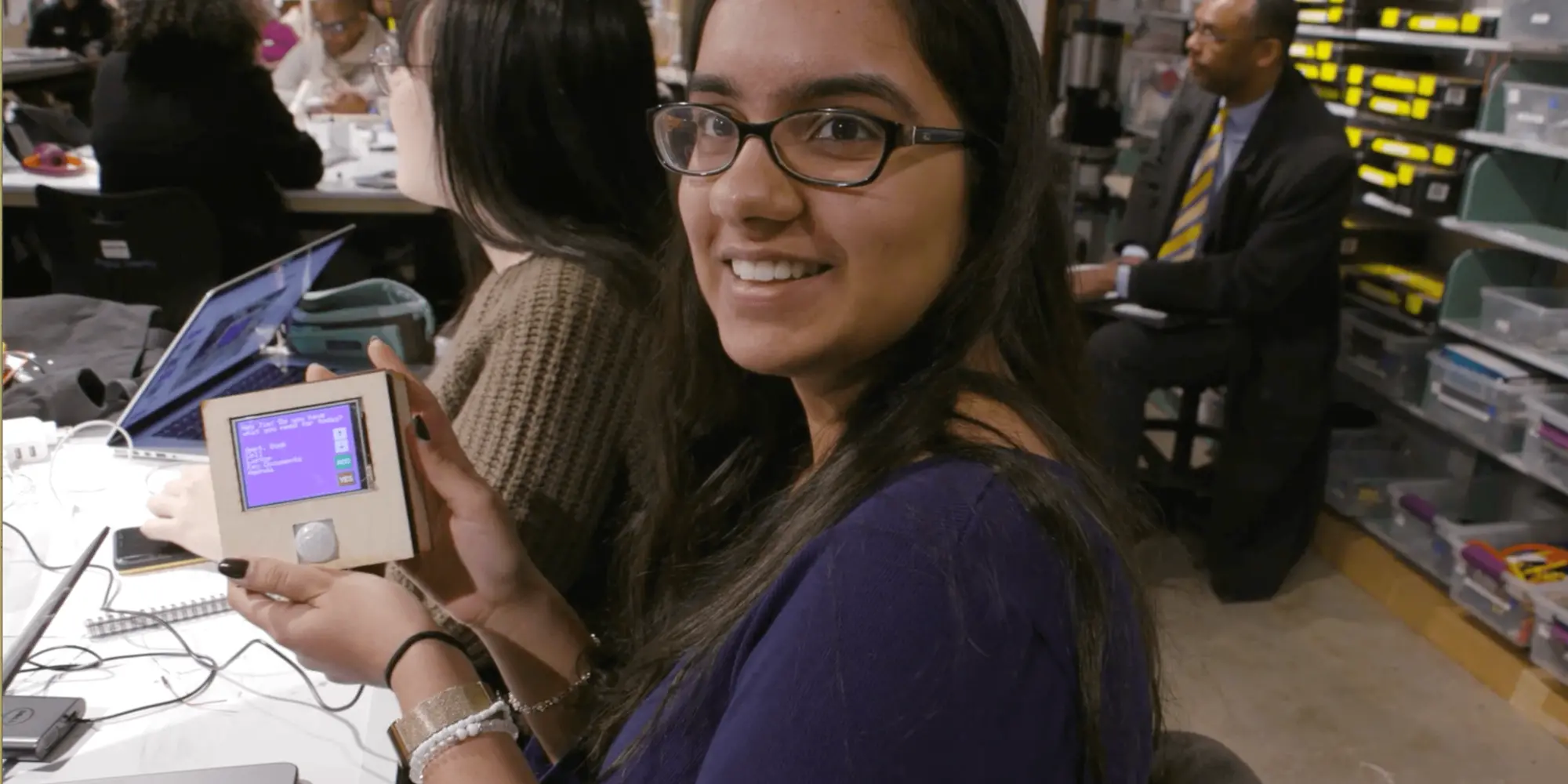Weave Your Own Path
Becoming a Tartan Unlocks Infinite Opportunities
Join a community of like-minded thinkers who value compassion, curiosity and creativity and share a common goal: to make life better for humankind. At Carnegie Mellon, your options are as boundless as your imagination, and the impact you make is yours to weave.
Read Our Student & Community Blog
It’s your life. Major in it.
When you let your interests guide you and your passions propel you, you find yourself doing work that matters. And it begins here.
Arts
Business
Computer Science
Engineering
Humanities and Social Sciences
Information Systems
Science and Math
Arts + Academics
Financial Aid and the Value of Carnegie Mellon
Let's meet where you are. And get you where you want to go.
100%
Our financial aid resources are committed to meeting 100% of demonstrated financial need for domestic students.
$114,704
Average starting salary for 2024 graduates
$18,200
Our 2023 undergraduates averaged $18,200 in Federal Loan debt, much less than the $32,062 average for ranked private colleges. (US News & World Report)
90%
91% of our 2024 graduates were employed or continuing education within six months of graduation.
Visit and Connect
Whether you want to visit us in Pittsburgh or experience CMU from wherever you are in the world, we have visit opportunities to meet your needs and give you a glimpse of our campus and community. Explore our Visit CMU website to customize the Carnegie Mellon visit that works best for you.

